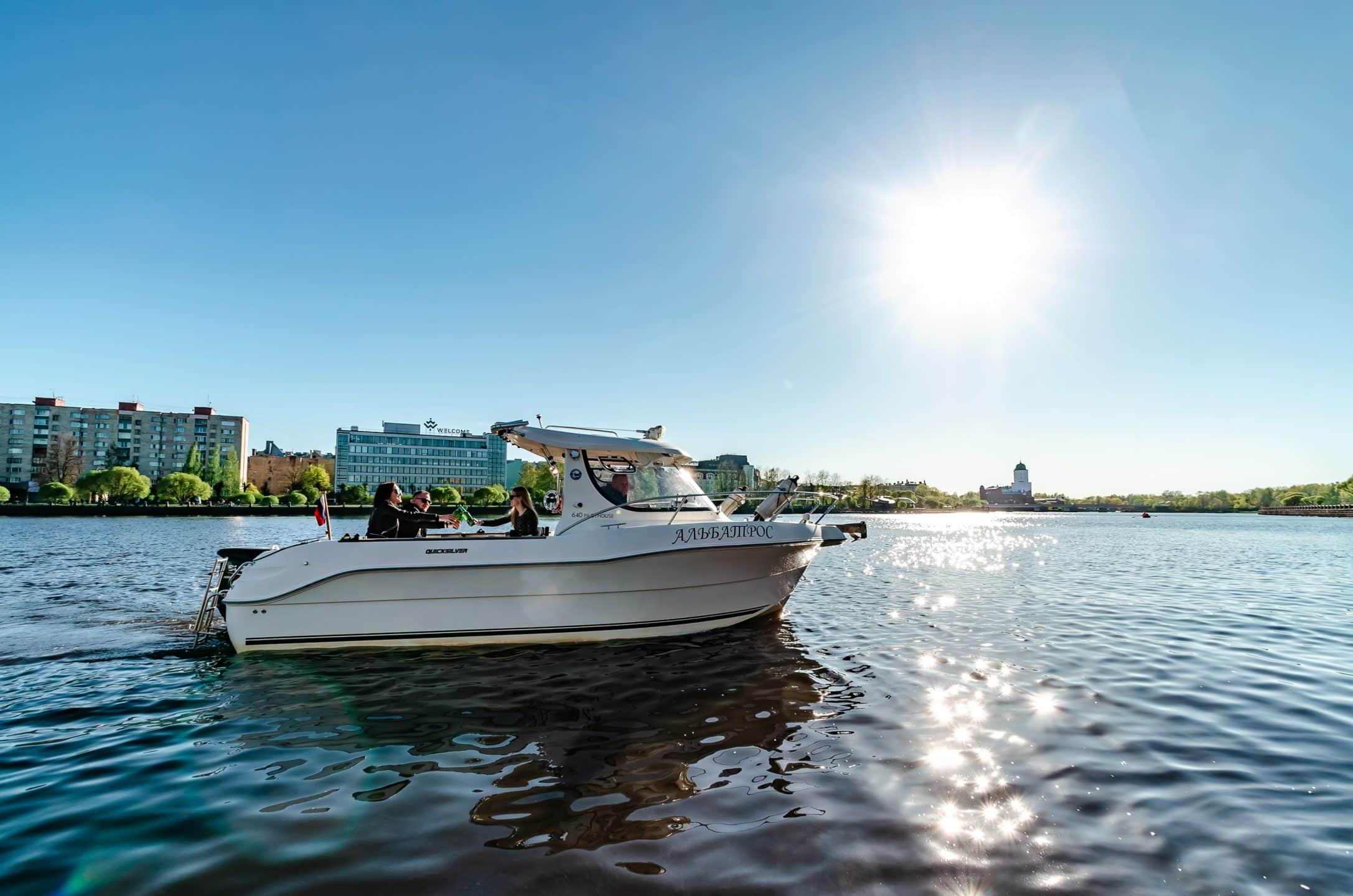It is National Safe Boating Awareness Week and given the improving weather in Alberta now is the time to be reminded of how to stay safe while boating.
The Canadian Safe Boating Council recommends the following safety tips to follow to avoid an accident while on the water this boating season.
- Always wear your lifejacket: More than 80% of Canadians who drown while boating were not wearing a lifejacket or were not wearing their lifejacket properly. Pick a comfortable personal floatation device and be sure to wear it all the time when you are out on the water.
- Boat Sober: The use of any intoxicants while boating, including alcohol, prescription drugs or cannabis, is reckless and illegal. More than 40% of recreational boating deaths are alcohol related. Intoxicants reduce an individual’s reaction time, motor skills, depth perception and judgment, thus affecting the ability to operate a watercraft.
- Always Be Prepared: Ensure that your boat is properly equipped with the required safety equipment, including sound signalling device, paddle, bailer, buoyant heaving line and flashlight. Be prepared about your upcoming boat trip by ensuring you have sufficient fuel and that the weather is suitable for the journey.
- Take a Boating Course: If you are operating a powered watercraft, be sure that you have passed the exam and obtained your Pleasure Craft Operator License and keep it with you at all times. If you prefer other forms of recreational vessels, there are many water training courses available.
- Be Aware of the Risk of Cold Water: Cold water immersion is a serious risk for boaters, especially early in the season. The best chance of surviving an accidental immersion is to wear your lifejacket.
WHAT TO DO IF YOU HAVE BEEN INVOLVED IN A BOATING ACCIDENT
If you have been involved in a boating accident and have suffered injuries, it is important to seek medical attention as soon as possible and follow your doctor’s treatment recommendations.
It is also important to preserve any evidence, and if possible to take photographs or videos of the scene of the accident. If you were wearing a body camera at the time of the accident, be sure to preserve this footage.
It is important to record the date, time, weather conditions, type of watercraft and any other relevant information. If possible, find out if the boat operator has a valid boat license. You should also obtain the names of any individuals who witnessed the accident and obtain any information regarding the insurance or policy information. It is also helpful to obtain the police report, if available.
Injuries that arise out of a boating accident can result in expensive medical bills, loss of income and long-term recovery expenses. Therefore, it is recommended that you contact a personal injury lawyer as soon as possible to provide advice in order to provide an evaluation of a potential claim.
An experienced and qualified lawyer can help guide you and ensure that you are taking the proper steps in order to receive the compensation you need to recover from your injury.
Early contact with an experienced personal injury lawyer will help a victim in the aftermath of an accident by allowing him/her to rely on their lawyer for their expertise. A lawyer experienced in personal injury law will help alleviate the concerns and anxiety of the victim during the litigation process by ensuring that their client is not rushing through or reacting hastily to the process.
BOAT OWNERS AND OPERATORS LEGAL RESPONSIBILITY
The majority of injuries resulting from boating accidents are preventable. However, there are times when a boat operator’s carelessness is responsible for the boat accident. In circumstances where carelessness has resulted in injury or loss of life, a lawsuit can be filed for injuries suffered in a boating accident or by the family of a fatally injured person against the owner or operator of the boat. The federal Marine Liability Act sets out the guidelines for making a claim for damages.
According to the Marine Liability Act, victims of a boat accident involving a watercraft that weighs less than 300 tons can be compensated up to a maximum of $1,000,000 for loss of life or personal injury. However, if it can be proven that the driver was operating recklessly and knew that his/her actions would cause the injury or death, the victim may be entitled to more than $1,000,000.
You do not require a license to operate a canoe or kayak, however, you do need a Pleasure Craft Operator License to operate any watercraft with a motor.
Owners and operators of watercrafts are legally responsible to follow the laws and exercise care and caution to ensure the safety of their passengers and other boaters on the water.
If you or a loved one have experienced a serious injury or loss as the result of a boater’s negligence and you would like information about your legal options, please do not hesitate to contact the experienced and award winning personal injury lawyers at Cuming & Gillespie LLP. Please contact our office for a free case evaluation online or by calling 403-571-0555. We look forward to helping you obtain the compensation you deserve.

